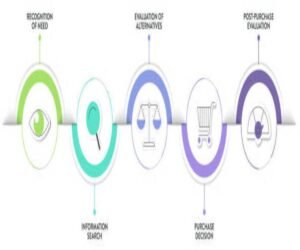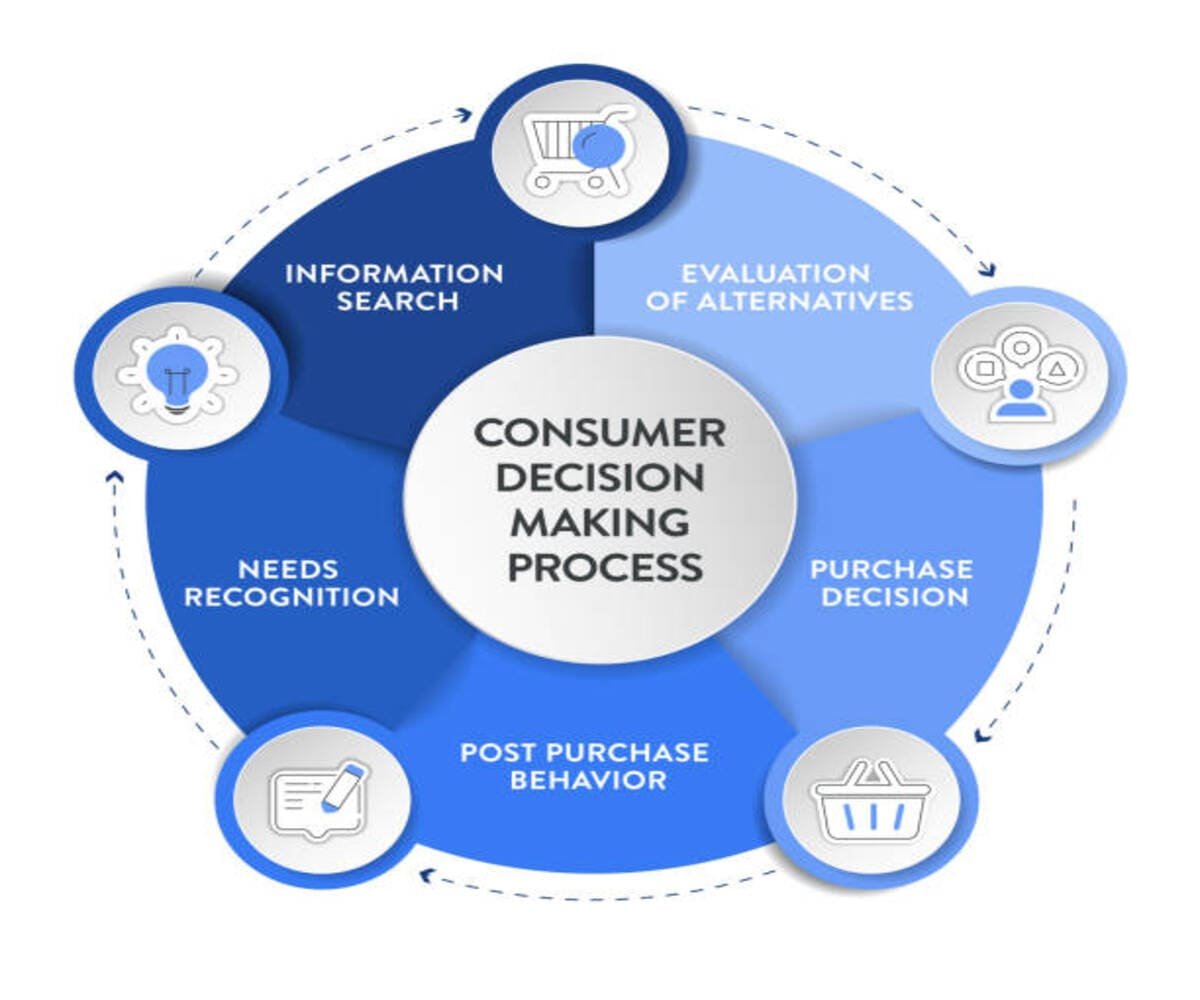Introduction
Selling is not just about offering a product or service—it’s about understanding human behavior, emotions, and decision-making patterns. The psychology of selling delves into how people think, what influences their purchasing decisions, and how businesses can tailor their strategies to maximize conversions. By applying psychological principles, businesses can create compelling sales approaches that drive customer engagement and boost revenue.
Understanding the Customer Decision-Making Process
Customers go through a series of steps before making a purchase. Understanding this journey helps businesses guide potential buyers effectively.
The Five Stages of the Buying Decision Process:
- Problem Recognition – The customer identifies a need or a problem that requires a solution.
- Information Search – They begin researching possible solutions through reviews, advertisements, and recommendations.
- Evaluation of Alternatives – The customer compares different products or services based on price, features, and benefits.
- Purchase Decision – They make the final buying choice based on the information gathered.
- Post-Purchase Behavior – Satisfaction or dissatisfaction influences repeat purchases and referrals.

Key Psychological Triggers in Selling
Sales strategies rooted in psychology can significantly increase the likelihood of a sale. Here are some proven psychological triggers:
1. Reciprocity – The Power of Giving
People feel obligated to return favors. Offering free samples, valuable content, or exclusive discounts encourages customers to reciprocate by making a purchase.
2. Social Proof – Leveraging Peer Influence
Customers trust recommendations from others. Showcasing testimonials, reviews, and case studies builds credibility and persuades hesitant buyers.
3. Scarcity & Urgency – Creating Fear of Missing Out (FOMO)
Limited-time offers, countdown timers, and exclusive deals tap into a customer’s fear of missing out, prompting quicker decisions.
4. Authority – Establishing Trust Through Expertise
People tend to follow credible experts. Displaying industry certifications, awards, and endorsements from trusted sources strengthens brand trust.
5. Commitment & Consistency – Encouraging Small Steps
Customers are more likely to commit to larger purchases if they have already taken small actions. Free trials, sample products, or newsletter sign-ups help establish this commitment.
6. Emotional Connection – Selling Through Feelings
Buying decisions are often emotional rather than logical. Using storytelling, strong visuals, and relatable scenarios evokes emotions that drive purchases.
7. Loss Aversion – Highlighting What They Stand to Lose
People fear loss more than they desire gain. Emphasizing what customers might miss out on can motivate them to take action.
8. The Decoy Effect – Influencing Choices with Comparisons
Offering a third, strategically priced option makes the middle option seem like the best value, subtly guiding customers toward a preferred choice.
Effective Selling Techniques Using Psychology
By incorporating psychological principles, businesses can optimize their sales process. Here are some effective selling techniques:
1. Building Rapport & Trust
- Active listening to understand customer needs.
- Mirroring customer body language and tone.
- Personalizing interactions to establish genuine connections.
2. Persuasive Storytelling
- Using case studies and customer success stories to illustrate benefits.
- Relating real-life scenarios to customers’ pain points.
3. Offering Choices Without Overwhelming
- Providing 2-3 options instead of too many choices.
- Guiding customers toward the best option by highlighting key differences.
4. Using Anchoring to Influence Perceived Value
- Showing the original price before a discounted one to make the discount seem more attractive.
- Presenting a high-priced item first to make other options look more affordable.
5. Ensuring a Seamless Buying Experience
- Simplifying checkout processes.
- Offering flexible payment options.
- Reducing friction points such as unnecessary form fields.
Conclusion
Understanding the psychology of selling empowers businesses to craft effective sales strategies that appeal to human emotions and decision-making tendencies. By implementing psychological triggers such as reciprocity, social proof, urgency, and emotional connection, companies can significantly enhance customer engagement and conversion rates.
Enhance Your Sales Strategy with SignifyHR
At SignifyHR, we specialize in leveraging psychological insights to develop powerful sales strategies. Contact us today to refine your sales approach and drive business growth!

